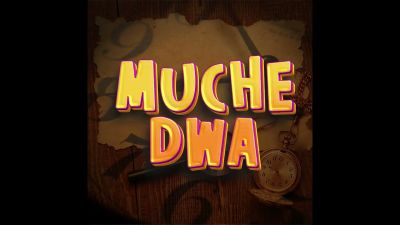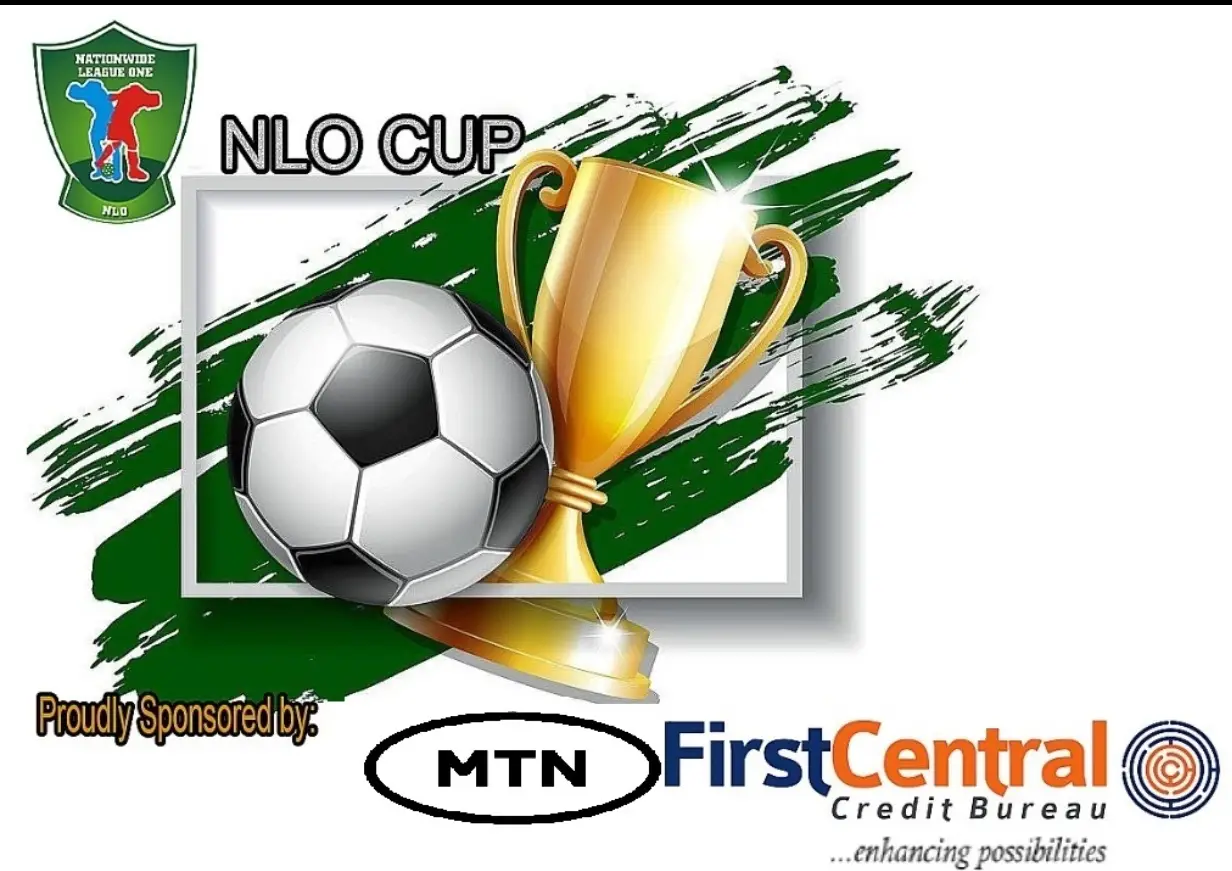A couple of days ago, the continent’s apex football governing body, the Confederation of African Football (CAF), released the list of referees that will participate in the forthcoming 34th edition of the Africa Cup of Nations (AFCON) billed to hold in Cote d’Ivoire from January 13 to February 11, 2024. A total of 85 match officials have been picked to feature at the tournament.
Egypt and Algeria top the list with three referees each. Four VAR referees were selected from Mauritius, South Africa, Morocco and Egypt. Seven technical instructors and physical trainers were chosen from Zimbabwe, Burundi, Cote d’Ivoire, Senegal, Morocco and Djibouti.
While our Super Eagles are among the 24 countries billed to fly the nation’s flag at the tournament, no central Nigerian referees will be within the whistling distance of the jamboree. This is because the organisers of the competition again did not find any Nigerian referee worthy of officiating at the tournament, except one assistant referee. Nigeria’s continued poor representation or lack of it for more than a decade now remains a worrisome situation and a thumb-down as far as that critical component of football is concerned.
Selection of officials are usually based on the experience, skills and current form of the whistle men. Selected officials are also subjected to several aptitude tests through preparation courses and real competitive matches.
Perhaps the most contemptuous treatment ever meted out to our referees was witnessed at the 27th edition of the AFCON Tournament held in Angola in 2010. Only one assistant referee from Nigeria was considered capable of officiating at the tournament, whereas South Africa had two centre referees and assistants for the tournament. Angola, Egypt and Tunisia, among others, each produced a referee and an assistant. As usual, officials from minuscule countries like Seychelles, Republic of Benin were given slots as centre referees. Even Saudi Arabia and Iran, two non-African countries, had slots on the list of match officials.
However, while CAF could pick only one assistant referee from Nigeria for the Angola showpiece, the Federation of International Football Associations (FIFA) selected no fewer than 28 referees and assistants from the country for its 2010 championships across the continent. The question that agitated the minds of the Nigerian soccer family then was: “What problem did CAF see which FIFA did not?”
In the 70s through to the 90s, Nigeria was a force to be reckoned with and its referees could not be ignored by both the CAF and FIFA in all their championships. At that time, Nigeria was rated the third best football nation on the continent. By 1994 when Nigeria made its first appearance at the FIFA World Cup Finals, the Super Eagles were ranked the 5th in the world.
Its domestic football was vibrant and the standard of refereeing was very high both at home and abroad. Most of the referees and linesmen as the assistant referees were referred to in those days wore the FIFA badges. Refereeing is, no doubt, an integral part of football and it is quite obvious that the nation’s refereeing fortune has nosedived in recent years, consequently going off the CAF’s radar.
Notable referees who have done the country proud in and outside the continent included the likes of Festus Okubule, R. O. Oyeyemi, Bulus Ishaya, S. Olanrewaju, Reuben Mannok, John Saiki, S. O. Fehintola and Linus Mba. These referees may have hung their whistles, but they left indelible marks on the soccer turfs. They were men of honour and integrity who exhibited transparency and displayed total commitment to their trade. Their whistles were not tainted with questionable decisions.
A nation’s football is as good as its referees. The low rating of Nigerian referees may not be unconnected with the bad image some members of the Nigeria Referees Association (NRA) have cut for themselves. Allegations of bribery and corruption have been plaguing our domestic leagues.
There are numerous instances of matches ending in mayhem because referees and their assistants have compromised. The NRA needs to purge itself of the corrupt elements in its midst. The Nigeria Football Federation (NFF) also has a responsibility to ensure that the football space is purged of bad eggs. That will be the first step towards restoring the nation’s glory in international refereeing.
The newly appointed Minister of Sports, Sen. John Enoh, is not pleased with the development which has been the norm in recent years and has promised to look into the matter. We hope he will come up with a solution to end the perennial slaps on the face of Nigerian football.
 JamzNG Latest News, Gist, Entertainment in Nigeria
JamzNG Latest News, Gist, Entertainment in Nigeria






